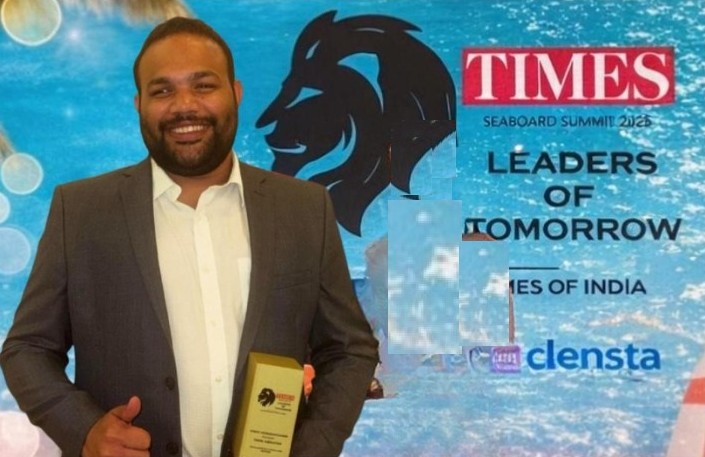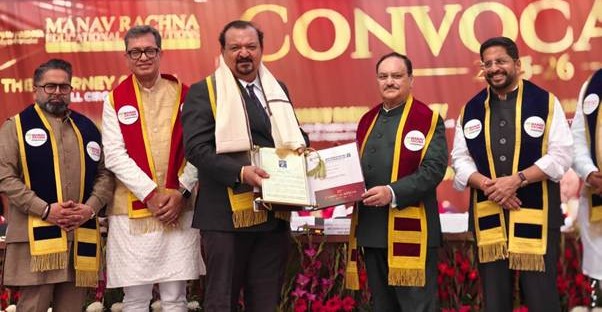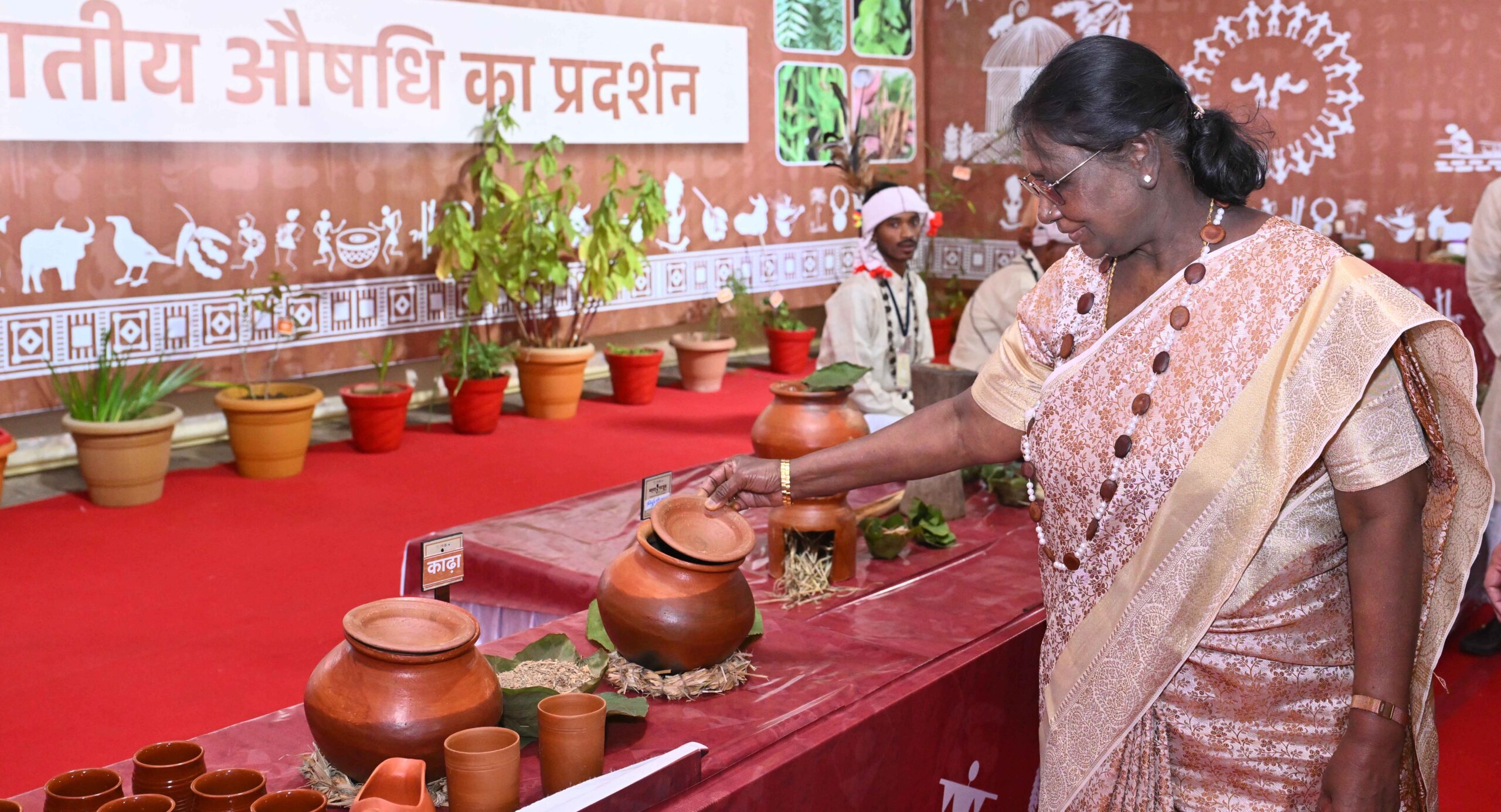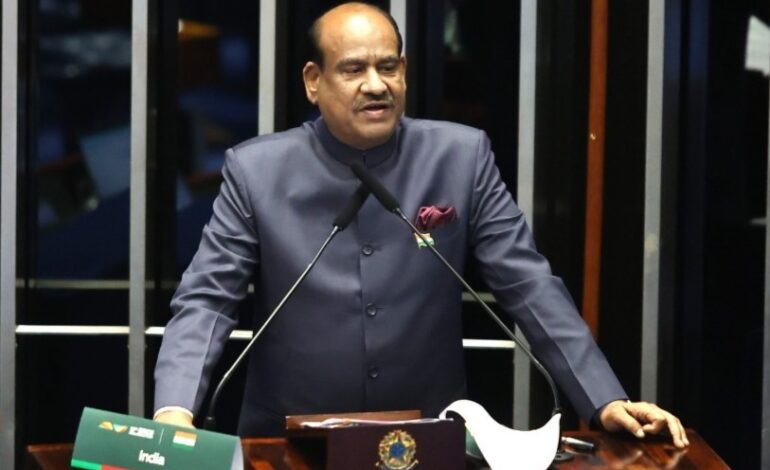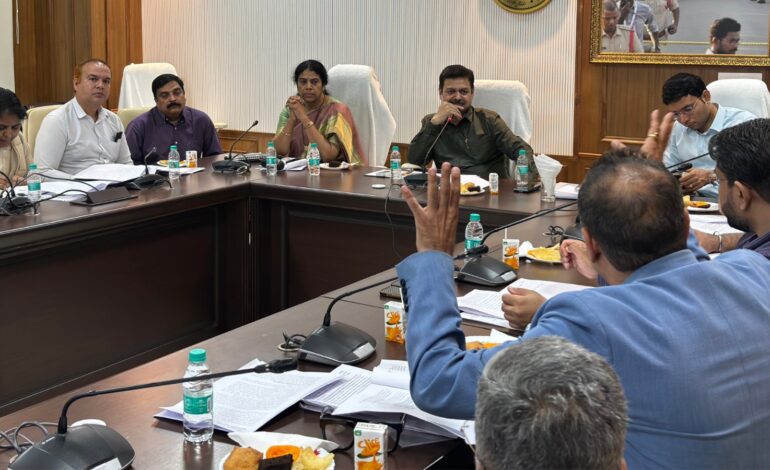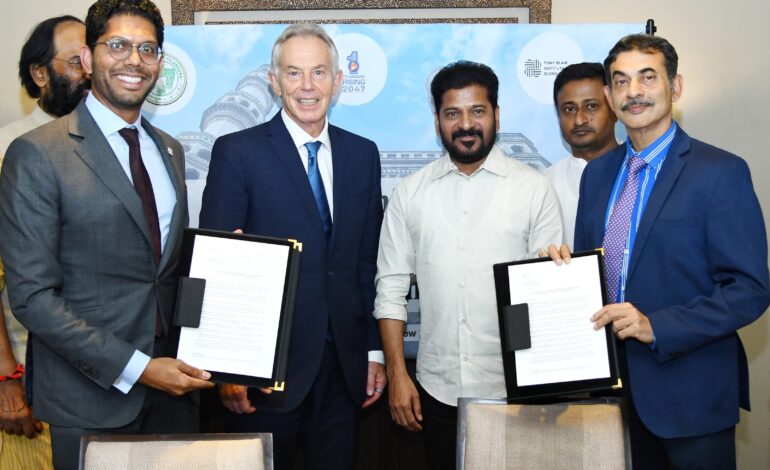IICA hosts session on digital governance and cybersecurity with BISAG-N Special DG Vinay Thakur
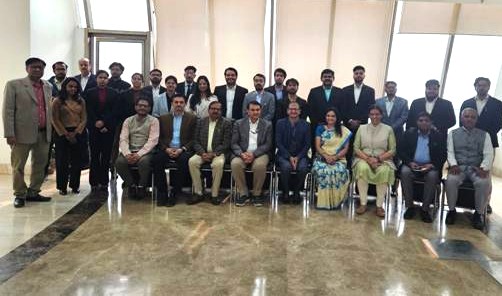
A national expert in digital transformation, Thakur delivered a detailed talk on solution architecture, cloud deployment, cybersecurity and the emerging field of post-quantum cryptography.
Talk highlights India’s digital public infrastructure, need for strong cybersecurity and future-ready digital skills
New Delhi, Nov. 17: The Indian Institute of Corporate Affairs (IICA) hosted an in-depth session on digital governance and cybersecurity featuring Vinay Thakur, Special Director General at BISAG-N, Ministry of Electronics and Iinformation Technology (MeitY), and former managing director of NICSI. A national expert in digital transformation, Thakur delivered a detailed talk on solution architecture, cloud deployment, cybersecurity and the emerging field of post-quantum cryptography.
Opening the session, IICA director general and CEO Gyaneshwar Kumar Singh underscored the importance of future-ready digital capabilities and secure technologies in driving India’s socio-economic growth.
In his address, Thakur outlined the strength and scale of India’s digital public infrastructure (DPI), describing it as one of the world’s most advanced frameworks. He highlighted the transformative impact of platforms such as Aadhaar, Unified Payments Interface, DigiLocker, BharatNet, Co-WIN, UMANG, MeghRaj Cloud and BISAG-N’s GIS-based systems in reimagining governance, public service delivery and citizen empowerment.
He noted that these achievements reflect the impetus provided by India’s Digital India initiative, which has turned technology into a tool for social inclusion, transparency and economic acceleration. Digital India, he said, is a nation-wide movement designed to enable universal access to services, bridge the urban–rural divide and position India as a leading global digital economy.
Thakur also warned of rising cybersecurity risks, pointing to the surge in AI-enabled cyberattacks, the role of the DPDP Act in strengthening data protection, and the urgency of adopting post-quantum cryptography to safeguard future digital systems. He stressed the importance of indigenous cybersecurity solutions to reinforce India’s digital sovereignty.
Faculty members and students participated actively in the programme, engaging Thakur in an interactive Q&A on digital governance, cloud security, data protection and emerging technologies.
The session concluded with a vote of thanks acknowledging Thakur’s insights and emphasising the value of such expert interactions in shaping the perspectives of future leaders.

